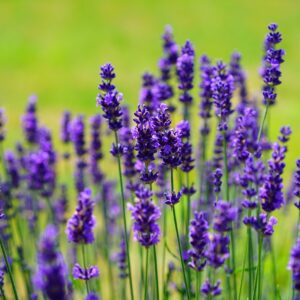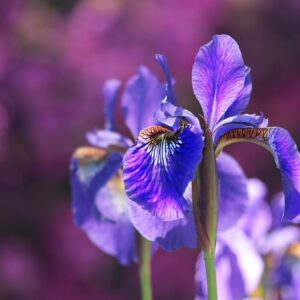Whether you’re an experienced gardener or just starting out, it’s important to learn everything you can about gardening so you can grow healthy plants. To help you with this, I have written an article that contains some of the most important things to know. Here are some tips and tricks that you should know:
Plants Have Specific Needs
Using the right tools and techniques is the key to success. Some plants can go weeks without a drink. For example, one of the best plants for the heat is the Lakota(tm) Fire Coneflower. If you have the inclination, try out a few of the more exotic species.
For example, the Lakota(tm) Fire coneflower is a succulent that will tolerate a little heat, but you are not going to get much joy if you try and grow them in a greenhouse. Alternatively, you could try out a few of the more exotic varieties in a container. One such container is the Lakota(tm) xtm (xtm for short) and see if you can bring your home garden to life. Hopefully, if you do, you will have the garden of your dreams.
Prevent and Control Pests and Diseases
Keeping your garden healthy is one of the best ways to prevent and control pests and diseases. However, there are many other factors involved in maintaining a healthy garden. These include environmental conditions and cultural practices.
Plants that are well adapted to local climates are less likely to suffer pest and disease problems. In addition, selecting pest-resistant varieties is also important.
Pests and diseases are often caused by nonliving factors such as poor weather or insufficient sunlight. Keeping your garden clean and free of weeds will also help prevent and control pests and diseases. You can also limit the use of chemical control methods.
Some common pests include corn earworms, squash bugs, and tomato fruitworms. These pests are usually a nuisance, but not harmful to humans. When they appear in large numbers, insecticidal control may be necessary.
Insects are also attracted to plants that are not healthy. In addition, weeds compete with plants for water and nutrients. To avoid this, remove actively growing weeds with a hoe. If you are growing a vegetable garden, keep it free of tobacco hornworms, peppers, and invasive weeds.
Some insect pests can be controlled with handpicking and traps. In addition, natural predators can help control caterpillars. Beneficial insects feed on pest insects and use them as a source of food.
Many insects serve a useful purpose. Some are parasitic. In addition, many insects attract predatory insects to help control pests. Beneficial insects need carbohydrate-rich nectar, which plants can produce.
If you are a school gardener, you should think ahead about how to prevent and control disease. Diseases can be spread by hands, clothing, footwear, and soil clinging to tools. You should always wash your hands after working with plants.
In addition, monitoring your plants for problems is a great way to prevent and control pests and diseases. By doing so, you’ll be able to detect pests and diseases earlier, increasing the chances that you can control them.
Many insects and diseases are attracted to plants that are unhealthy. For example, cucumber beetles damage all types of cucumbers. This type of insect can also damage potatoes.
Teach Kids About the Benefits of Clean, Healthy Eating
Having a garden can help teach kids about the importance of eating clean and healthy foods. This is especially important for kids’ development as well as their health. Besides, having a garden can give kids a sense of accomplishment and pride in their work.
Kids who grow their own food are more likely to eat more fruits and vegetables. In addition, they are able to learn how to grow, process and prepare healthy food. This helps kids develop important motor skills and develop a sense of pride in their food. In addition, having a garden can help teach kids about the environment, recycling, pollution, and the importance of taking care of the earth. When kids learn about these topics, they are more likely to understand how important it is to make a difference.





